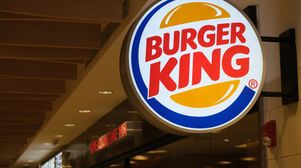“We are back to where we were 10 years ago”: Pernod Ricard counsel on Havana Club dispute
In his first media interview on the matter, given exclusively to <i>World Trademark Review</i>, Ian FitzSimons, general counsel of Pernod Ricard, has expanded on the news that Cubaexport has received a specific licence allowing it to renew the Havana Club trademark registration in the United States. While a positive development for the company, he tells us that the dispute with Bacardi over the brand name is basically back to where it was in 2006.
22 January 2016



